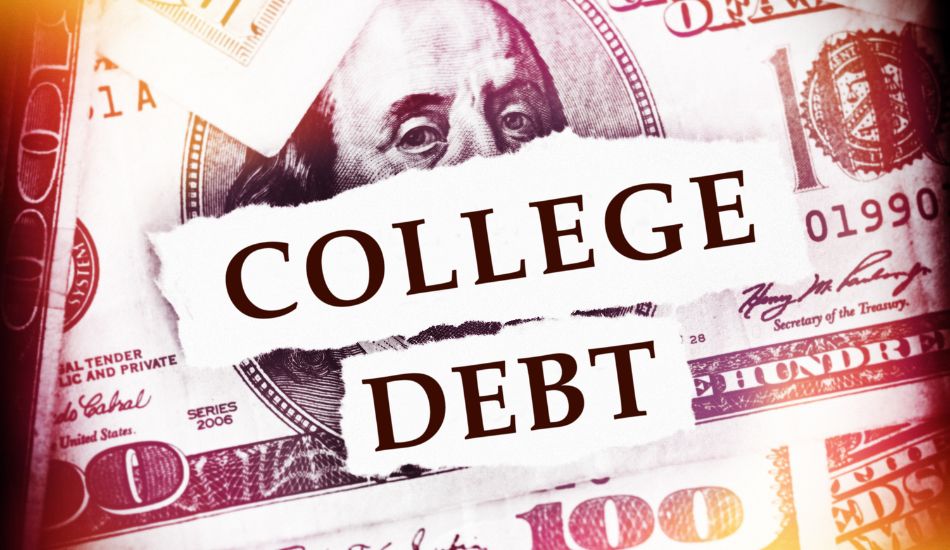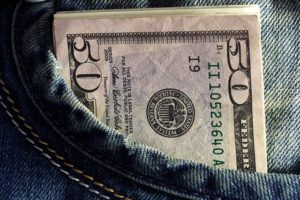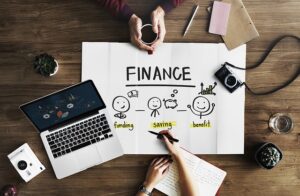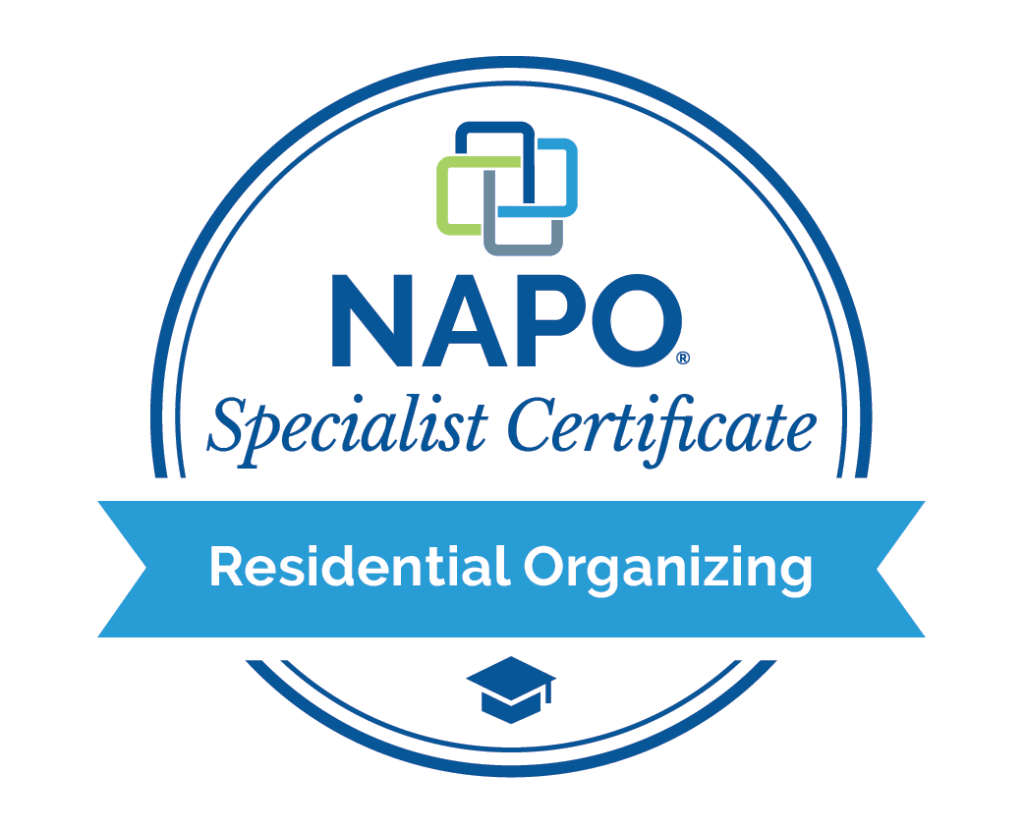With the start of both fall and the school year, many people are still wondering about paying off their student loans, and if they’ll get any of the amounts they owe forgiven. Here’s what you need to know about the student loan forgiveness plan.
This blog post was written in 2022. To view updated information about federal student loan forgiveness, click here.
What loans are being forgiven?
Only federal loans are eligible for forgiveness. Private loans, such as from a bank, credit union, or state lending agency, are not eligible.
In addition, high-income borrowers are likely ineligible to receive loan forgiveness since they likely can afford to pay the loans back. This means that individuals who make more than $125,000/year and couples who make more than $250,000/year are not eligible. Borrowers who make less than that could receive up to $20,000 in debt relief, depending on the type of aid and when it was taken out.
The Federal Pell Grant Program helps low to moderate-income undergraduates, and some post-baccalaureate students go to college by giving grants based on financial needs. Pell Grants once paid 80% of a four-year public college degree for students but now only covers about a third. Even after accounting for inflation, the overall cost of a four-year private or public college has roughly tripled in four decades.
How to know if you were awarded a Pell Grant?
If you received educational funding after 1994, you can log on to Student Aid to see your loan status. If you received a loan prior to 1994, your loan information will not be online, but you’re still eligible for loan forgiveness.

What about Parent PLUS loans?
These, too, are eligible for loan forgiveness depending on income thresholds. If your child or children received a loan in addition to you for your own education, you’re eligible for up to $20,000. If only your child received educational payment assistance, you’re only eligible for up to $10,000.
What if I’m a current student or have grad school debt?
Current students are eligible depending on the income declared on the FAFSA form.
Grad school debt is also eligible depending on income thresholds.
Find more information here about The Free Application for Federal Student Aid (FAFSA)
What if my loans are in default?
You’re still eligible for relief, and under the Fresh Start Initiative, you’ll have the chance to get back on track once loan payments resume in January 2023.
When can I apply for student loan forgiveness?
Applications open in early October. To be notified, sign up through the Department of Education. Relief will take 4 – 6 weeks from the application date, and you will be notified by your loan servicer when it has been applied.
You can apply for forgiveness until December 31, 2023.

How will my payments change after loan forgiveness is applied?
It depends. If you’re enrolled in a standard repayment plan, the amount will be recalculated to ensure loans are paid off within ten years.
If you’re already enrolled in an income-driven repayment plan, it’s unlikely your monthly payments will change.
Check with your loan servicer if you’re not sure.
What about taxes?
There are no federal taxes for any amount of student debt that is forgiven. However, some states may charge taxes on the amount. In that small number of states, the tax amount could be hundreds of dollars.
What about the new income-driven repayment plans?
Currently, this is with the Department of Education. It has said it would propose a new rule to implement these changes. However, their rule-making process typically involves soliciting public comments and can take months or even more than a year.
I paid during the pandemic. Can I get a refund for that?
Yes. Refunds are available to anyone who made payments or paid off their federally owned loans during the interest-free forbearance period. Any payment made after March 13, 2020, qualifies. At this time, only individuals facing financial difficulty should seek a refund. You will need to contact your loan servicer about this.
Are you interested in finances after college? Check out our blog on Financial Planning After Graduation.









